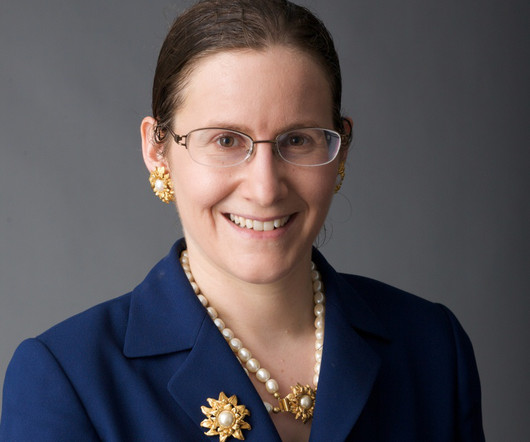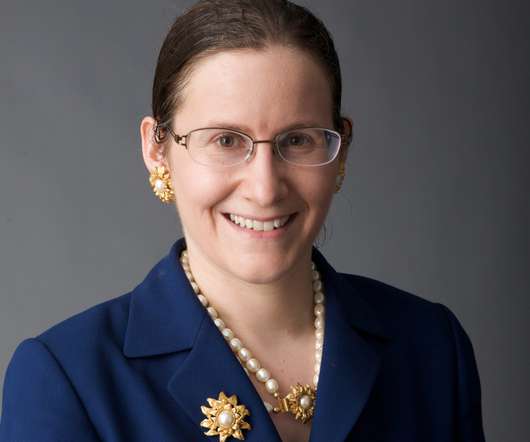influencers aren't advertisers' agents, materiality can be common sense, & more in supplement case
43(B)log
FEBRUARY 17, 2022
A whole industry exists of social media influencers, who create their own content touting products and receive commission on sales of those products that stem from their advertising. Thus, any false advertising claim would lie against Albaum, not [directly] against ChromaDex.












Let's personalize your content